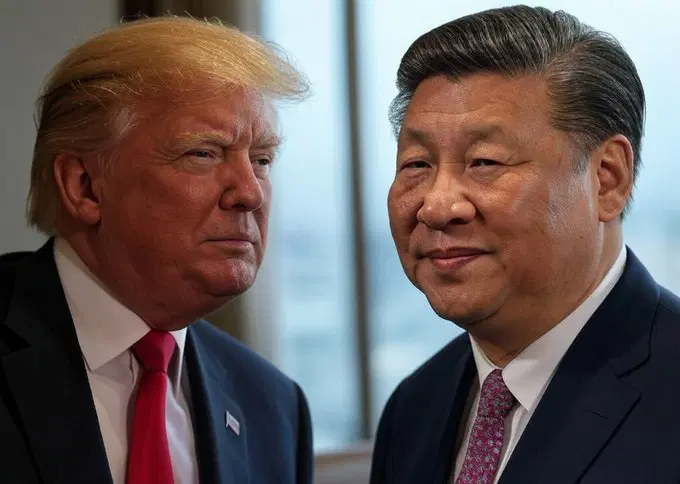China Slaps Anti-Dumping Duties on Plastic Imports from US, EU, Japan...China has announced the imposition of anti-dumping duties on imports of polyoxymethylene (POM) copolymers, a crucial type of engineering plastic, from the United States, European Union, Japan, and Taiwan.
The Chinese Ministry of Commerce confirmed the decision on May 18, 2025, after concluding a year-long investigation that revealed these imported plastics were being sold at artificially low prices, which significantly undermined China’s domestic plastic industry.
The duties, which range up to 74.9%, are aimed at protecting local manufacturers from foreign competition that was deemed to be unfair.
Polyoxymethylene copolymers, often used in manufacturing automotive parts, medical devices, and electronic components, are highly valued for their durability and ability to replace metals like copper and zinc. With the ongoing expansion of industries such as automotive manufacturing and technology, POM copolymers have become a key raw material. However, China has argued that these imports from countries like the United States, Japan, Taiwan, and the European Union were priced too low, and this practice was causing substantial harm to domestic producers.
The duties on U.S. companies will reach as high as 74.9%, the highest among the affected nations, while companies from the European Union will face tariffs of up to 34.5%. Japanese imports will be subject to a duty of 35.5%, although specific companies, like Asahi Kasei Corp, will face a lower rate of 24.5%. Taiwan’s imports will be taxed at 32.6%, though firms like Formosa Plastics and Polyplastics Taiwan will benefit from significantly lower tariffs of 4% and 3.8%, respectively. This differentiated approach suggests that China is targeting specific companies it deems to be responsible for the pricing practices that led to the imposition of these duties.
The decision to impose these anti-dumping measures is seen as part of China’s broader strategy to shield its domestic manufacturers from what it perceives as unfair trading practices by foreign competitors. The Chinese government has long been committed to boosting its manufacturing sectors, and this move underscores its ongoing efforts to support domestic industries, particularly in high-tech areas like plastics and chemicals. Local manufacturers in China had previously argued that the low-priced imports from these regions were not only undercutting their ability to compete but also damaging their profitability and long-term sustainability.
READ MORE: CBN Halts Over N4tn in Loans to FG Amid Mounting Debt Concerns
While China’s actions have garnered support from domestic businesses, they are likely to heighten tensions in international trade relations, particularly with the United States, the European Union, and Japan. This move follows an ongoing trade dispute between China and the West, which has seen both sides impose tariffs on each other’s products in recent years. The United States and the European Union have already levied their own tariffs on certain Chinese goods, including plastics and electric vehicles, as part of their broader trade strategies.
The imposition of anti-dumping duties on such a widely used material is expected to have ripple effects throughout global supply chains. The automotive and medical industries, which rely on these specialized plastics for a wide array of products, may face higher costs as a result of the new duties. Experts predict that businesses that depend on affordable POM copolymers will be forced to seek out alternative suppliers or absorb the added expense, potentially leading to higher prices for end consumers.
In addition to the economic implications, China’s decision to slap these tariffs is likely to exacerbate an already tense trade environment. The United States, EU, Japan, and Taiwan may respond with retaliatory tariffs of their own, which could escalate into a broader trade dispute. The trade relationship between China and these countries has become increasingly complex in recent years, marked by mutual accusations of unfair trade practices. Many analysts see this move as a reflection of the ongoing geopolitical rivalry between China and the West, with trade policy becoming an extension of broader diplomatic and strategic objectives.
As global trade continues to face challenges, this decision to impose anti-dumping duties is another indication that countries are increasingly turning to protectionist measures to safeguard their domestic industries. While China justifies its actions as a necessary step to ensure fair competition, critics argue that it could further disrupt global supply chains and lead to greater uncertainty in international markets. This latest development is likely to have significant ramifications for the future of trade between China and key global economic powers, with the potential for retaliatory actions and more complex trade dynamics on the horizon.




